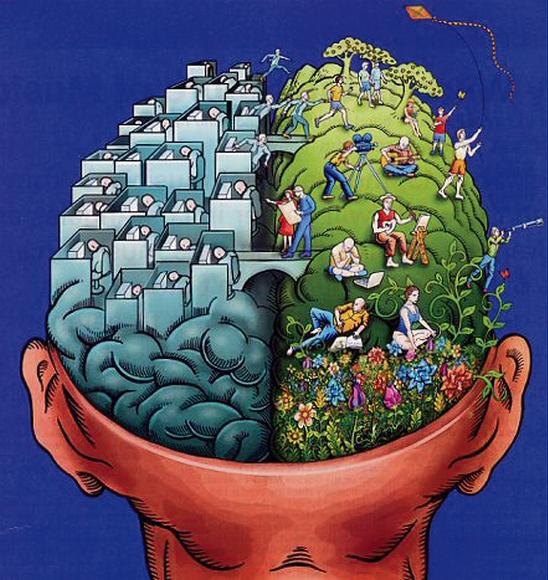COLUMN: Remembering Sayeed
April 18, 2005
For my final column of the semester, I want to sum up all my emotions, thoughts and everything I did during the three months I spent in Egypt. I want to share with you the liberating experience of galloping on a horse around the pyramids, tearing through the Western Desert in 4×4 vehicles, sailing on a felucca down the Nile, and sitting at a coffee shop drinking tea and smoking a water pipe, watching Cairo play out before my eyes.
Unfortunately, there would be no way I could do that in such few words, and I don’t want this to be about me. I want you to hear one story — the story of one man. One human being living his life in Egypt, barely surviving. This story is of just one, but many people throughout the world share his story.
His name is Sayeed, and he lives in the slums outside of Cairo. He is married, has two beautiful children, one son and one daughter. He works at the hostel in which I am staying at the American University in Cairo, in Zamalek.
He travels three hours to work every day from his home far from Zamalek. He wakes up at 4:30 a.m. to be at work by 8 a.m. His only day off is Sunday. Sayeed spends 54 hours, not including travel, at work. And for compensation, he earns 114 Egyptian pounds a month — roughly $20.
The most interesting part of Sayeed’s story is how he ended up working as a janitor on the sixth floor of our hostel. After graduating from Cairo University with a degree in engineering, he was one of 700,000 educated professionals competing for 200,000 jobs. These terrible odds occur every year, leaving 500,000 educated people with nothing to do. This phenomenon is known as underemployment.
When I see Sayeed, I always ask how he is doing, and since I know he loves talking about his children I always ask how they are doing, as well. We have lunch together every week, lunch that I bring from a local sandwich shop. We sit and discuss everything from politics to the latest soccer news. He teaches me a few new words in Arabic every time we talk.
Sayeed’s job consists of cleaning, and to make sure his territory, the sixth floor, is gleaming. He cleans our rooms and even does our laundry for us. I will never get used to sitting here watching as he furiously cleans our room. We aren’t supposed to tip him, but as soon as the supervisor takes off, we make sure he can feed his family that night. It’s the least we can do.
I can’t get over the feeling when I walk past him wearing blue jeans that cost more than he makes in a month.
I want to blame globalization; I want to blame politics in Egypt; I want to blame the rich people rolling past in their Mercedes. I search for something to blame, but nothing clearly presents itself as the reason. The unequal distribution of wealth is startling, and the poverty gap seems to continually grow.
When I come back to the United States, I will again be reminded of how lucky we are. Don’t get me wrong, we have a lot of work to do in the United States — politically, socially and economically. There is a lot of injustice that we as privileged Americans have a responsibility to work to correct.
Sayeed is just one story, one person with a story to tell. He is merely one example of the injustice in the world, one story of millions. Let us use his story to help him and others around the world suffering from extreme poverty and underemployment.






